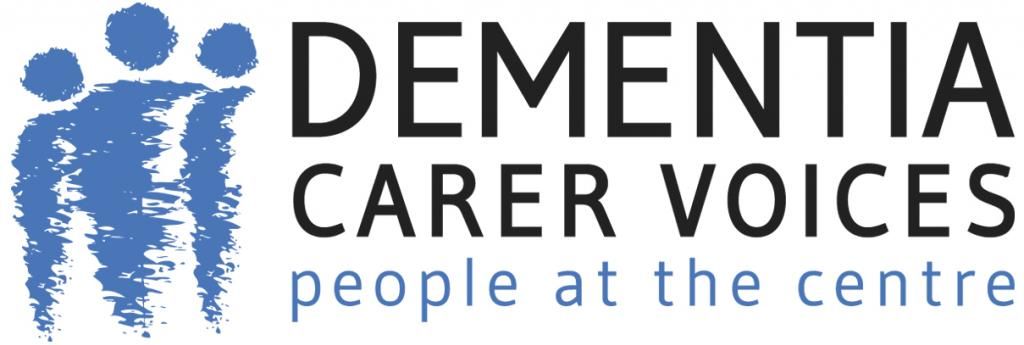In our latest viewpoint blog, Ashleigh de Verteuil of the Dementia Carer Voices team at the ALLIANCE reflects on the Scottish Government's recent proposals for a new dementia strategy.
The Scottish Government has recently published its Proposal for Scotland’s Third National Dementia Strategy based on written submissions, and from the National Dementia Dialogue events held in 2015/16.
Some of the key commitments in the proposal are:
Continue to focus on our national and local human rights based approach to improving dementia diagnosis rates and services
The Charter of Rights PANEL approach to human rights for people with dementia and their carers has been championed by the ALLIANCE’s Dementia Carer Voices project. This is, therefore, a welcome commitment and I’m glad to see a rights based approach woven throughout the new strategy. It’s important that this is seen on the ground though and it will be interesting to see with the integration of health and social care how services will deliver and indeed, safe guard this.
Working collaboratively with the new integrated joint boards to support locality planning and re-design of dementia services
As the Health Secretary, Shona Robison, said ‘local areas making local decisions about their local services.’Health and Social Care integration should be welcomed, but one caveat to the Integrated Joint Boards (IJBs) is that despite the fact Third Sector Services design and deliver a significant proportion of dementia support and services across Scotland, third sector representatives on IJBs don’t have voting rights. Making sure this role is acknowledged may be a wider task to be considered as part of this strategy.
Prioritising policy around dementia palliative and end of life care
The proposals reflect the strong sentiments of the dementia dialogue report that there should be a greater focus on dementia palliative and end of life care. This was something I have become keenly aware from attending the National Conversation events in which every table discussion I joined seemed to find its way to the importance of early intervention and preparatory planning.
The importance of planning early on is recognised by the ALLIANCE but it is important not to overwhelm people with too much information at the point of diagnosis. Everyone has a different response and different needs, and communication and continuous conversations are vital to ensure that people are informed and supported at the appropriate time for the individual to make decisions on end of life care and arrangements.
Furthermore, it is essential that unpaid carers are recognised for their expertise. Given the changing nature of the condition, particularly toward the end of life, plans are subject to change and so it is essential to be able to be flexible and adapt to provide the best possible care.
The Proposal explicitly says it is not supposed to an exhaustive paper, but a strong signal of what the major elements of dementia policy should be over the next three years, so we shall have to wait and see whether or not the full strategy will elaborate more on the finer details such as the new duties placed on local authorities through the Carers Act. What is encouraging is that the Proposal references the ALLIANCE’s Dementia Carer Voices project as a group which they should continue to work with in order to have people with lived experience at the heart of the strategy.
You can read the full Proposal for Scotland’s National Dementia Strategy here, and the National Dementia Dialogue Engagement Report here.
Ashleigh de Verteuil
Policy and Information Intern, Dementia Carer Voices
The ALLIANCE




No comments:
Post a Comment
Thank you for leaving a comment at the tommyontour blog. Your comment will be moderated and published very soon.